Like anything else, as you begin your search for a moving company, you may go to the internet. You may search for key words like ‘mover near me’ or you may go on a social media site to ask for a recommendation. Once you create that digital footprint, the data miners do their job and you begin to get ads for movers, moving companies, moving solutions, even moving match makers! And guess what? The majority of these ‘companies’ are NOT actual moving companies!
You just need a mover!! And now you want to run and hide because you are being hunted down and bombarded and don’t know who to talk to and who to trust! Working directly with a professional mover yields the best results, but how to you dodge the brokers and even worse the criminals pretending to be movers and brokers??

Who Are Moving Brokers?
Brokers are typically lead generators and marketers who do not necessarily have experience in the moving industry, but rather use their social media and marketing skills to attract consumers to a service and sell those leads to companies willing to do the work. Since brokers are better at advertising, and don’t actually provide any moving services, they often capture the consumer’s attention on the internet before a mover does, and they make their living selling your job to the people who do the work.
The broker normally does not perform the physical work and is not responsible for the work performed. They find a customer and forward their business to a service provider for a fee. Usually, a broker will collect a non-refundable deposit to reserve a date, which pays them and turns your actual move over to the next entity.

You reach out to one company but end up working with another. You may not necessarily know who the company is that is coming to perform the work, if the company is legitimate, licensed, registered or insured, or if the people performing your move have been background checked or vetted in any way.
Since brokers (marketers) are not regulated like movers, it is easier for fraud to occur in this arena.
Are Brokers Even Valuable?
The few truly valuable moving brokers are individuals with hands-on history in the moving industry, that monetize their knowledge and experience by helping people find the right mover and other related trusted resources. The benefit may be if you are planning a move remotely or are pressed for time.
There are simple ways to make sure you are working with a legitimate moving broker.
The legitimate moving broker:
- Will provide personal credentials, a name, address/physical location, personal contact information such as cell and email
- Will usually come personally recommended or can provide personal referrals
- Will be able to provide their personal history and prior experience in the moving industry. They are proud of the work they have done and usually will have a website or social media presence with pictures and details
- Will only shop your move to licensed, registered, and insured movers in their trusted, established network
- Will disclose up front that they are a broker and should be transparent reviewing and explaining quotes
Click here for FMCSA’s downloadable guide on brokers.
Who Are the Real Moving Companies?
Legitimate full-service movers are the licensed, registered, and insured companies that provide all the necessary trained labor, trucks, and proper equipment for a move and can perform the physical task of packing and moving the consumer.
- Real professional movers are legally allowed to pack and load your personal items. For example, some portable container companies like PODS, may not be licensed movers. They advertise as a moving ‘solution’ or ‘alternative’ to movers, because it is illegal for them to advertise as a moving ‘company.’ They are not authorized to handle your belongings; they just handle the container. However, some full-service movers use portable containers and can still offer professional labor since they are licensed as a moving company.
- Real professional movers are licensed, registered and insured as a MOVER, with the proper local, State and Federal Authorities and can provide the credentials to be verified. To perform work locally (intra-state), the mover must be licensed for that State.
- A mover may also be licensed to perform long distance (interstate) moving, which allows the mover to cross state lines. For more information, read more about What Licensing Means.
- Real professional movers have government oversight. In the event something goes wrong, the consumer has an authority to go to that oversees a registered business. If the consumer chooses a broker or ‘mover’ that is not registered, they do not exist on paper, and there is no one to turn to for recourse or assistance. It is hard to penalize a business that does not exist.
- Real professional movers have physical locations, trucks, and warehouses, so you know exactly where your goods will be located throughout the moving process or to show up for a visit.
- Real professional movers have a liability in the process. A legitimate mover is responsible for your goods at a minimum of $1. per pound in-state (in NJ) and $.60 per pound inter-state. They will also offer Full Replacement options on your goods. Brokers, even those technically operating legally, have no liability for what happens during your move. Portable container companies are not responsible for the handling in the loading process since it is not performed by them.
- Real professional movers have a company history, real photos, and collateral to prove it. Look past stock photos and look for the ‘real’ movers!

Having some basic knowledge of the difference between movers and brokers helps narrow the search for your ideal professional mover! You can come out of hiding and eliminate many imposters by knowing the right questions to ask and where to verify your movers or broker’s credentials.
Remember, a legally operating mover (or broker) will be happy to provide you with the necessary credentials to verify their licensing and registration.
For further details on Movers vs Brokers and to find licensed, registered, and insured professionals, visit the FMCSA.
Subscribe to SeaCure Moving's Blog

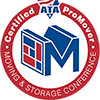


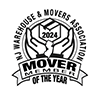
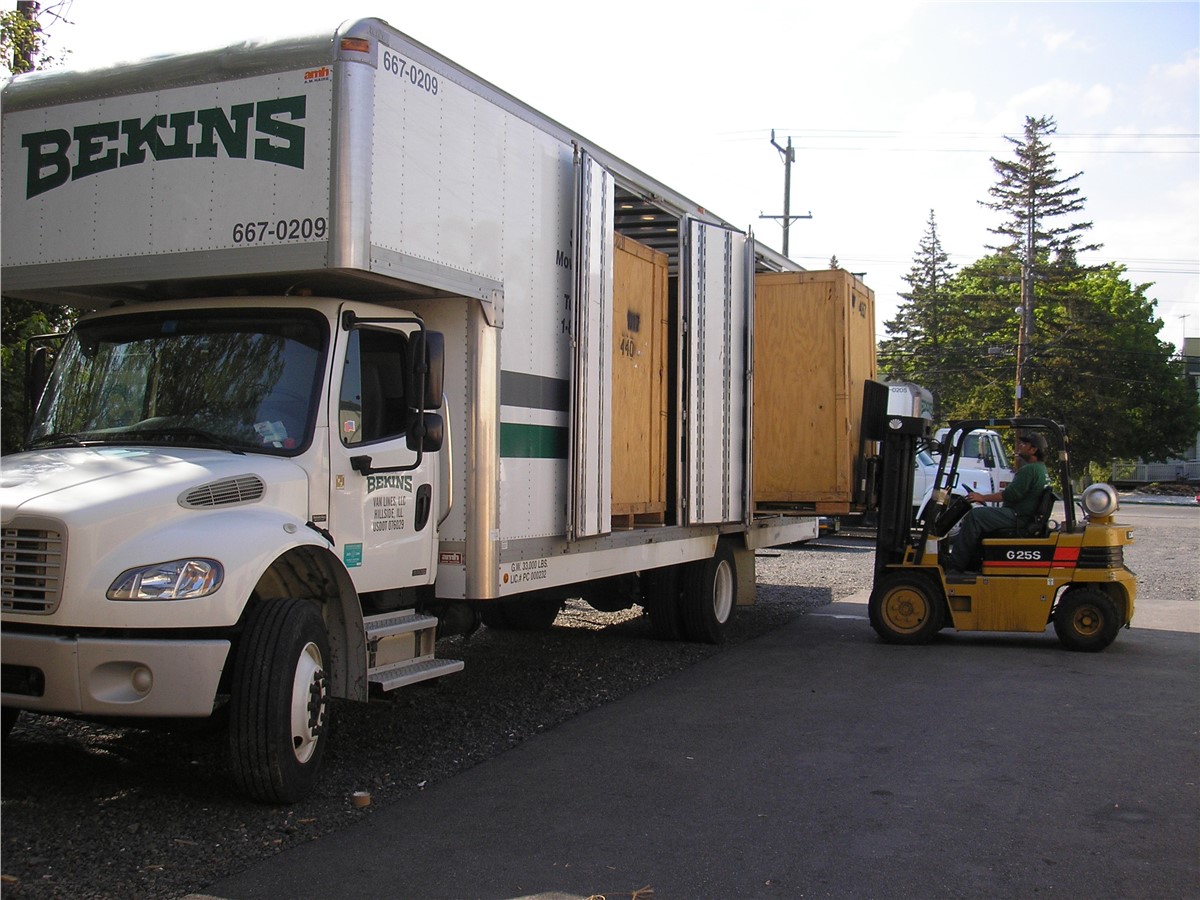
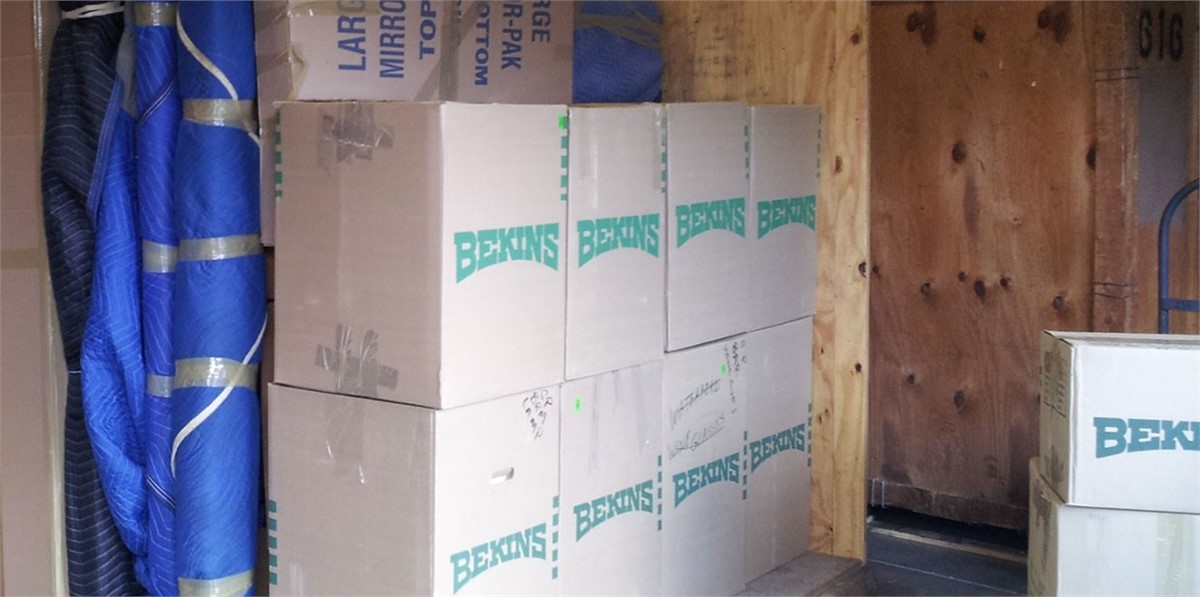

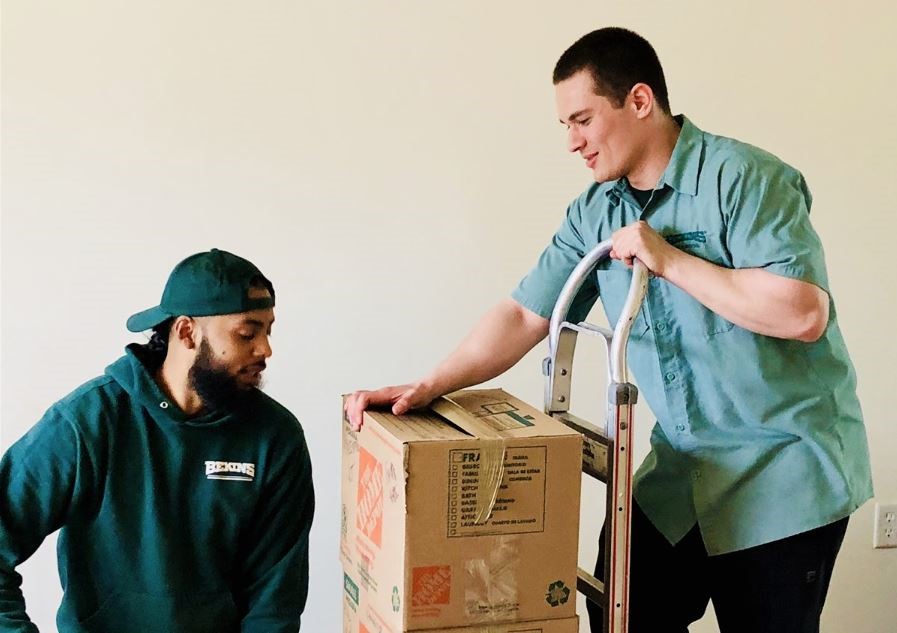

Comments